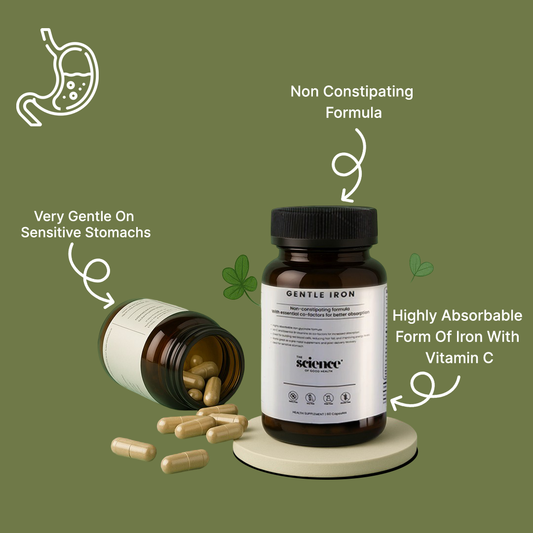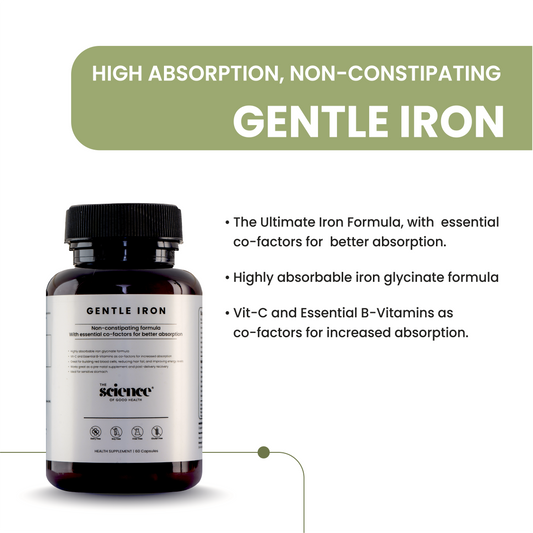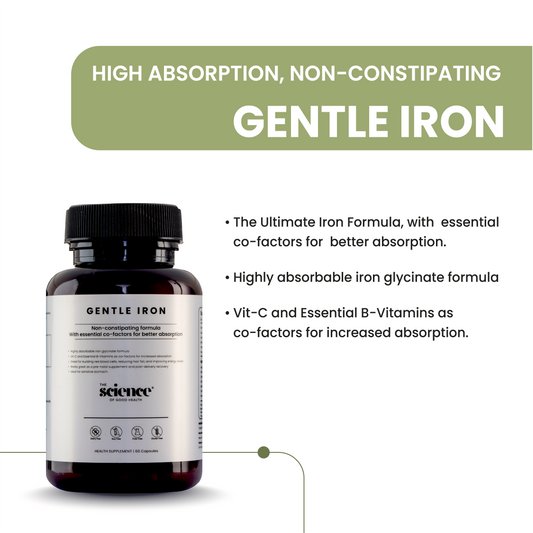If you are asking, “is creatine safe for 16 year olds,” the short answer is yes,but only when used responsibly under medical supervision. Creatine can help teenagers improve strength, endurance, and recovery when combined with a proper diet and training program. However, safety, dosage, and understanding potential risks are crucial before starting supplementation.
Teenagers are increasingly curious about supplements as they engage in sports, gym training, or strength-building programs. Parents and teens alike ask: “is creatine safe for 16 year olds?” because it is one of the most popular performance-enhancing supplements available. While creatine has proven benefits, it must be approached carefully to avoid side effects or misuse. This guide provides a science-backed explanation of how creatine works, its benefits, risks, safety guidelines, natural alternatives, and the best supplementation options for teens.
By the end of this article, you will have a clear understanding of whether creatine is safe for 16 year olds, how to use it responsibly, and how to make informed decisions for long-term health and performance.
What is Creatine?
Creatine is a naturally occurring compound found in the body and in certain foods like meat and fish. It plays a critical role in producing adenosine triphosphate (ATP), which is the primary energy source for short bursts of intense activity, such as sprinting, jumping, or weightlifting.
When teens ask, “is creatine safe for 16 year olds,” it is important to understand what creatine does:
-
Creatine helps replenish energy during high-intensity workouts, allowing for improved performance and faster recovery.
-
It is stored mainly in the skeletal muscles, where it supports strength, power, and endurance.
-
Creatine can also have positive effects on brain function, including memory and focus, which can be beneficial for student-athletes balancing academics and sports.
-
It is naturally produced by the body but can also be supplemented safely when proper guidance is followed.
By understanding how creatine works, teens and parents can see why it has become a common choice for enhancing athletic performance, while also recognizing the importance of safe and responsible use.
Why 16-Year-Olds Consider Creatine
Teenagers often look for ways to improve their performance and appearance, which is why many ask, “is creatine safe for 16 year olds?” The motivations include:
-
Sports Performance: Teens engaged in football, basketball, swimming, or other competitive sports often want to increase strength, endurance, and speed.
-
Gym and Fitness Goals: Adolescents starting weight training or resistance workouts may want faster gains in muscle mass and power.
-
Peer Pressure and Social Media: Influencers, teammates, or online trends can increase curiosity about supplements.
-
Muscle Recovery and Growth: Creatine can support quicker recovery, reduce fatigue, and improve muscle growth in developing bodies.
-
Cognitive Benefits: Emerging research suggests creatine may aid in memory, focus, and mental performance, which can be especially useful for school-aged athletes.
Understanding why teens consider creatine helps parents guide them toward safe and responsible supplementation. Awareness of these motivations also helps in making informed decisions about whether creatine is safe for 16 year olds in each individual case.
Benefits of Creatine for Teens
Creatine, when used safely, can provide multiple benefits for 16-year-olds. Asking “is creatine safe for 16 year olds” is not only about safety but also about understanding its potential advantages:
-
Muscle Strength and Power: Creatine supports ATP regeneration, improving performance in high-intensity activities like sprinting, weightlifting, and explosive movements. Teens may notice faster progress in their workouts.
-
Faster Recovery: Creatine helps reduce muscle soreness and fatigue, allowing teens to maintain consistent training schedules.
-
Cognitive Function: Some studies suggest creatine improves memory, attention, and focus, which can be beneficial for student-athletes.
-
Muscle and Bone Development: Supplementing with creatine during teenage growth spurts may aid in healthy development of muscles and bones.
-
Endurance and Stamina: Creatine may increase energy availability, helping teens perform longer during sports or training sessions.
By combining creatine supplementation with proper training and nutrition, teens can safely enjoy its benefits, provided they follow guidance from healthcare professionals.
Potential Risks & Concerns
While creatine is generally safe for teens, it is important to be aware of potential risks when asking “is creatine safe for 16 year olds?”
-
Limited Research for Under-18 Populations: Most studies focus on adults, so long-term effects on teens are less studied.
-
Mild Side Effects: Some teens may experience bloating, cramping, or digestive discomfort, which can usually be managed by adjusting dosage.
-
Dehydration Risk: Creatine can increase water retention in muscles, so teens must maintain proper hydration.
-
Myths and Misconceptions: Creatine is not a steroid and does not stunt growth. Education is key to avoiding unnecessary fears.
-
Medical Supervision Required: A doctor or registered dietitian should approve creatine use to ensure safety and appropriateness for a teen’s health status.
By understanding these concerns, parents and teens can weigh the risks and benefits and decide whether creatine is safe for 16 year olds in their specific situation.
Safety Guidelines for 16-Year-Olds
For teens considering creatine, these guidelines answer the question, “is creatine safe for 16 year olds?”
-
Consult a Healthcare Professional: Always involve a doctor or dietitian before starting supplementation.
-
Start with Low Dose: Use 3 grams of pure creatine monohydrate daily. Skip loading phases that are common in adult use.
-
Stay Hydrated: Drink plenty of water throughout the day to support kidney function and reduce the risk of dehydration.
-
Maintain a Balanced Diet: Ensure protein, carbohydrates, and micronutrients come from whole foods to support growth and performance.
-
Avoid Unsafe Mixes: Do not combine creatine with energy drinks or high doses of caffeine.
-
Track Progress: Monitor performance improvements and any side effects to ensure the supplement is well-tolerated.
By following these safety measures, teens can answer the question confidently- yes, creatine is safe for 16 year olds when used responsibly.
Natural Alternatives & Lifestyle Approaches
Creatine is not the only way to support teen performance. Safe lifestyle practices can complement or replace supplementation:
-
Protein-Rich Foods: Include eggs, fish, chicken, dairy, legumes, and nuts to naturally support muscle growth.
-
Adequate Rest: Sleep 8–10 hours per night to promote recovery and optimal performance.
-
Consistent Strength Training: Follow age-appropriate resistance programs with proper form and supervision.
-
Hydration and Nutrition: Balanced meals and proper hydration remain the foundation for performance and health.
-
Supplements as Support: Use creatine or other supplements only as an addition, not a replacement for proper diet and training.
By combining these habits with moderate supplementation, teens can safely enhance performance while supporting overall growth.
Choosing the Right Creatine Supplement
When asking “is creatine safe for 16 year olds,” the choice of supplement matters. Look for:
-
Purity: Prefer pure creatine monohydrate without fillers or additives.
-
No Unnecessary Ingredients: Avoid artificial colors, flavors, and sugars.
-
Trusted Brands: Select products that are lab-tested, research-backed, and transparent about sourcing.
-
Easy Dosage: Small, measurable servings help teens avoid overuse.
Using a high-quality supplement ensures safety and effectiveness, making it easier to answer confidently whether creatine is safe for 16 year olds.
The Science of Good Health – Trusted Creatine for Teens
The Science of Good Health Creatine Monohydrate is a recommended choice for teens under guidance:
-
Provides 3g pure creatine per serving.
-
Unflavored and easy to mix, with no fillers.
-
Lab-tested and scientifically backed for performance and wellness.
-
Supports muscle, endurance, recovery, and cognitive health.
-
Transparent, India-based brand trusted by athletes and fitness enthusiasts.
For parents and teens asking “is creatine safe for 16 year olds,” this product offers a reliable option when combined with medical supervision and proper lifestyle practices.
“Explore The Science of Good Health Creatine Monohydrate, pure, effective, and trusted by fitness professionals.”
Conclusion
So, is creatine safe for 16 year olds? Yes, when used responsibly under medical guidance, with correct dosage, hydration, and a balanced diet.
Key takeaways:
-
Creatine can enhance muscle growth, strength, endurance, and recovery.
-
It may also support cognitive function for school and sports performance.
-
Use supplements only as a support, not a replacement for diet and exercise.
-
Choose trusted brands like The Science of Good Health Creatine Monohydrate.
With proper supervision and safe practices, teens can enjoy the benefits of creatine without compromising long-term health.
Read Our latest Blogs:
when to take creatine monohydrate | creatine water intake | should I take creatine on off days | creatine calories | does creatine cause hair fall | how to increase creatine naturally | top 10 best creatine in India | best time to take creatine monohydrate
Frequently Asked Questions
Q1. Can a 16-year-old take creatine daily?
Ans: Yes, teens can safely take 3 grams of creatine per day under medical supervision. Daily use is more effective than irregular supplementation.
Q2. Will creatine stunt growth?
Ans: No, creatine does not affect growth or puberty. Concerns about growth are myths. Proper use supports overall development.
Q3. Are there side effects for teens?
Ans: Side effects are generally mild, including bloating, cramping, or digestive discomfort. Staying hydrated and using proper doses reduces risk.
Q4. Do teens need a loading phase?
Ans: No, loading phases are unnecessary for 16-year-olds. A daily maintenance dose of 3 grams is sufficient.
Q5. Can creatine improve school performance?
Ans: Some studies suggest creatine may support memory, focus, and attention, which can benefit students who are also athletes.
Q6. Which foods naturally provide creatine?
Ans: Natural sources include red meat, fish, eggs, and dairy products, but supplementation may be needed for high-intensity sports.
Q7. Can creatine be mixed with other supplements?
Ans: Avoid combining creatine with energy drinks, excessive caffeine, or untested products. Safe combinations include protein powders and vitamins.
Q8. How long before results appear?
Ans: Teens usually see improvements in strength and endurance within 3–6 weeks of consistent training and supplementation.






